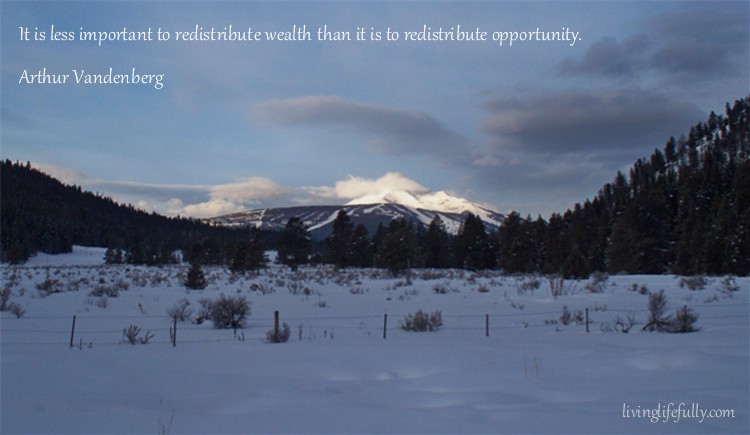Perhaps the
most important thing we bring to another person is the silence in
us. Not the sort of silence that is filled with unspoken
criticism or hard withdrawal. The sort of silence that is a
place of refuge, of rest, of acceptance of someone as they
are. We are all hungry for this other silence. It is
hard to find. In its presence we can remember something
beyond the moment, a strength on which to build a life.
Silence is a place of great power and healing. Silence is
God's lap.
Many
things grow the silence in us, among them simply growing
older.
We may then become more a refuge than a rescuer, a
witness to the process of life and the wisdom of acceptance.
A
highly skilled AIDS doctor once told me that she keeps a picture
of her grandmother in her home and sits before it for a few
minutes every day before she leaves for work. Her
grandmother was an Italian-born woman who held her family
close. Her wisdom was of the earth. Once when Louisa
was very small, her kitten was killed in an accident. It was
her first experience of death and she had been devastated.
Her parents had encouraged her not to be sad, telling her that the
kitten was in heaven now with God. Despite these assurances,
she had not been comforted. She had prayed to God, asking
Him to give her kitten back. But God did not respond.
|

|
|
In
her anguish she had turned to her grandmother and asked,
"Why?" Her grandmother had not told her that her
kitten was in heaven as so many of the other adults had.
Instead, she had simply held her and reminded her of the time when
her grandfather had died. She, too, had prayed to God, but
God had not brought Grandpa back. She did not know
why. Louisa had turned into the soft warmth of her
grandmother's shoulder then and sobbed. When finally she was
able to look up, she saw that her grandmother was crying, too. Although
her grandmother could not answer her question, a great loneliness
had gone and she felt able to go on. All the assurances that
Peaches was in heaven had not given her this strength or
peace. "My grandmother was a lap, Rachel," she
told me, "a place of refuge. I know a great deal about
AIDS, but what I really want to be for my patients is a lap.
A place from which they can face what they have to face and not be
alone." Taking
refuge does not mean hiding from life. It means finding a
place of strength, the capacity to live the life we have been
given with greater courage and sometimes even with gratitude.
|


